Empathy, a part of emotional intelligence, is one of the most important skills you’ll ever develop as a human being. It's your way to genuinely connect with the people around you and strengthen your relationships with them. However, in some cases like serious illness or loss, your imagination and life experience aren’t always enough to truly put you in someone else’s shoes. At least, according to some internet users.
The members of the r/AskReddit community recently shared their thoughts on all of the things that people don’t fully understand until they happen to them. Scroll down to read their thoughts.
Bored Panda got in touch with licensed professional counselor Rodney Luster, Ph.D., who shed some light on empathy. You'll find his insights below. Dr. Luster is the founder of Inspirethought and the host of the ‘More Than a Feeling’ blog on Psychology Today.
#1
Losing a beloved pet.
It's one of those weird things where you can absolutely understand why they don't get it. Because it doesn't make much sense why it hurts so much.
They're not blood related. Not even the same species.
They're so far removed from us, that from the outside, it probably just looks like losing a favourite item that has sentimental value.
But let me tell you:
I've lost a lot of family members in my life. But *none* of those deaths compared to the sheer utter soul rending pain as losing my Dog was.
It is the only time in my life where I did not have a say, did not have any control, in my reaction.

Image credits: ACalcifiedHeart
We asked Dr. Luster about why someone might potentially have trouble empathizing with others. He explained the situation to us, first noting that he was focusing just on empathetic responsivity in neurotypical people: individuals without issues that might otherwise make empathy less accessible.
"Empathy has several aspects to it. The first has something to do with 'lived phenomenology,'" he explained to Bored Panda, meaning an individual who "has lived through something similar may have more 'relatedness' sociologically and psychologically to the person who is perhaps describing an event they went through."
He continued: "This can be seen in some recent research where nurses report high levels of clinical empathy in their day-to-day interactions with patients. Their exposure to a variety of things makes this more feasible and accessible."
#2
Death of a child, f**k cancer.

Image credits: Bordighera12
#3
Anything mental health related. You can sympathise but until you've felt the crushing lows and your own brain turning against you...
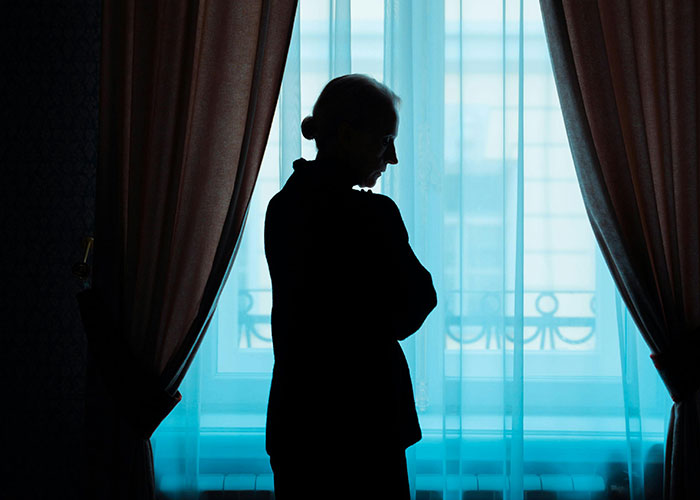
Image credits: SuchSell2803
According to Dr. Luster, when we see a lack of empathy, it may be due to other factors such as emotional triggers, age, or relationships. "For example, someone on the internet may lack empathy due to any one of these factors and may be more prone to a deficit in empathic feedback to respond more productively," he told Bored Panda.
"In the real world, empathic feedback is necessary for the empathizer to fully relate," Dr. Luster said. He added that, otherwise, the distractions he mentioned earlier may greatly influence how a person responds. "Empathic feedback helps transform information in sensorimotor regions of the brain."
We also asked Dr. Luster about someone 'practicing' to be more empathetic if they feel like they have a hard time connecting with others. He explained that this is directly related to empathizer feedback: "That aspect we require to encode and decode from our environment is needed, and when lacking, makes it harder to empathize."
#4
You dont have to love and respect your parents after abuse because “thats STILL your dad(or mom)”.

Image credits: Otherwise_Ad2804
#5
Depression.
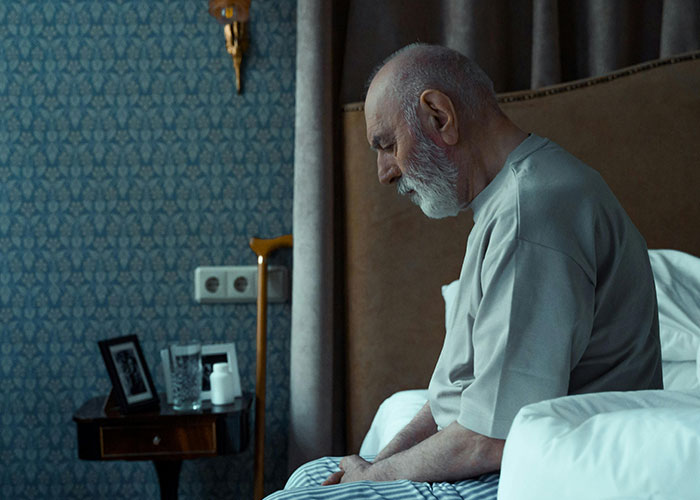
Image credits: braunHe
#6
Chronic illness / pain / fatigue, also anxiety.
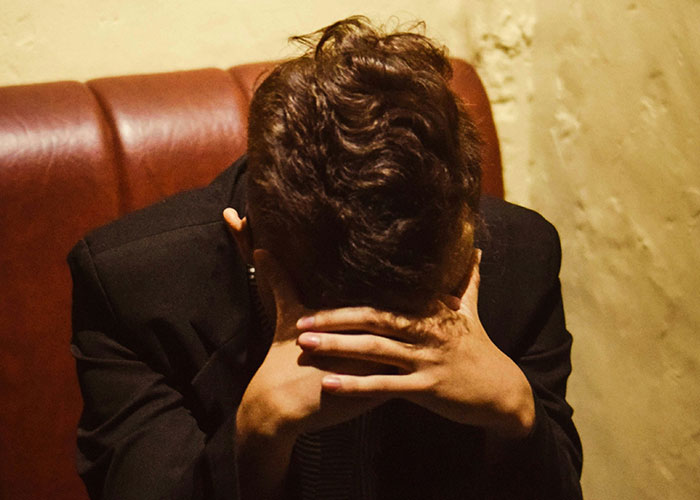
Image credits: IthurtswheniPvP
He suggested that people think of this mechanism as a 'resource box.' "You can add to it! So perhaps a way one can learn to strengthen those areas of sensorimotor conduits is to add to that box by educating themselves on a few things before judging. Many people may work unconsciously off of a confirmation bias based on unbalanced effects."
Dr. Luster gave an example of how this works. "If, for instance, I had trouble empathizing with someone from another religion, another generation, etc., instead of working off of any bias I may have because of bias-based elements I have taken in from my life, I might try learning a bit more about that person, why they believe what they believe, what is it like growing up in their generation, etc.," he said.
"By embracing some cognitive flexibility, and becoming the listener who asks good questions rather than opinionated or judgmental questions, we open the gate to adding to our empathy box. Therapists must practice this ability before ever entering a counseling session. We often do the work on ourselves well before therapy with others so that we are open and allow trust and safety to enhance the sessions for clients. But this is not exclusive to us, and anyone can begin to practice this kind of adaptive flexibility. It's not easy, but with practice, empathy can begin to grow."
#7
Miscarriage.
I birthed a grapefruit-sized water bubble into my underwear and when it popped, I saw the giant eyes and tiny fingers before I couldn’t take it anymore and had to flush it. Then I bled for a month.
Everyone I talked to said it was a very common thing.
“Oh so you had one?”
“No but I know someone who did”.
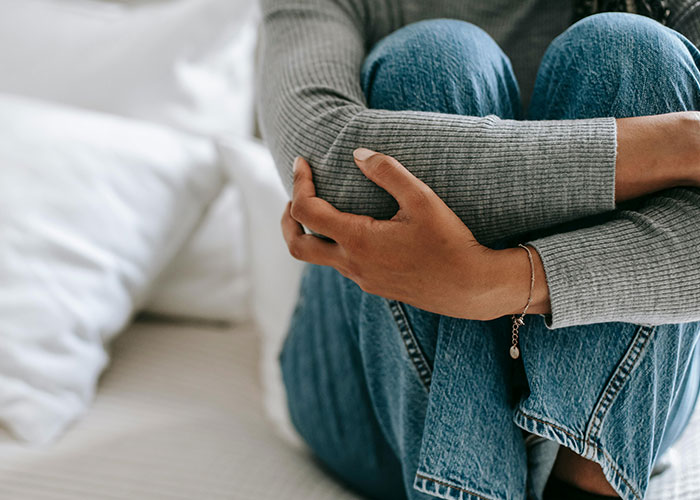
Image credits: BriefShiningMoment
#8
Sexual Assault. It's a different whole beast that you have to experience it before you just spout off on what you think, and you have to really understand what's going on and what to do to deal with the aftermath.
And the trauma and recovery of regaining your identity as a person and not as a victim and the fact that we still don't think about it or work with it with any gender is appalling.
#9
Being stalked. It's a horror that rips your life apart.

Image credits: almostp*rnstar
Empathy forms the foundation for kindness and understanding. At its core, it’s your ability to imagine someone else’s experiences as if they were your own. Unlike sympathy (responding or reacting to another person’s experiences), empathy is all about putting yourself in someone else’s shoes.
Most of us are hardwired for kindness, but it’s not exactly clear how. WebMD explained that human beings have specialized ‘mirror neurons’ in their brains. They activate when we see and feel emotions. Researchers believe that it’s these neurons that create empathy. However, other scientists think that empathy is purely a construct of our intelligence.
#10
OCD.
I always roll my eyes when people simply pass off a casual thing as OCD.
"Oh I'm so OCD about this cabinet!"
You don't have OCD. OCD is an actual disorder.
OCD is when your mind is overthinking like crazy. Every interaction with someone, no matter how big or small, gets blown completely out of proportion in your head; and you might have what I have in which I need to reflect and use this weird face ritual to clear the thought from my head, where any other noise in the room can throw me off and force me to restart the process.
If I touch something with my left hand, I have to touch it with my right hand. I find myself getting flashes of anger towards myself and other people when something isn't happening the way I think it should be. Intrusive thoughts are in my head far, far too often.
It's a hell of a lot more than just wanting your rooms clean, or making sure your feet are walking in the squares on a tile floor.
I really hate that OCD is sort of trivialized by the majority of people.

Image credits: nightwing0243
#11
Divorce. Being cheated on. Having your heart broken. Being a single parent.

Image credits: EmulsifiedWatermelon
#12
Chronic fatigue, everybody thinks im just lazy because i need SO much sleep. I hibernate on the weekends.

Image credits: MotherSpinach9280
There are two main types of empathy. The first is emotional empathy where we might feel the same things as someone else, feel distressed at what they went through, or feel compassion for them.
Its counterpart is cognitive empathy, wherein we can intellectually understand how someone is feeling. Unlike emotional empathy, cognitive empathy can take time to cultivate and is more of a skill. It centers around learning how to identify emotions and behaviors.
#13
War. Seeing exactly what evil a human being is capable of inflicting on another.
#14
ADHD. I think it's really hard for someone with normal executive function to understand what it's like to not.

Image credits: DelectablyDull
#15
Mental illness.
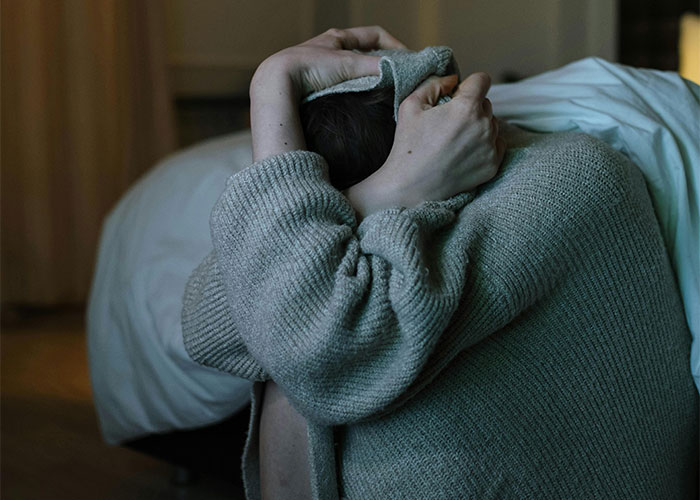
Image credits: damdirtyape11
Practice makes perfect. Though many of us are born with a varying capacity for empathy, we can strengthen and hone it like any other skill. If you find yourself less kind, caring, or understanding than you’d ideally like to be, it only makes sense to spend some time working on yourself to improve.
One part of being empathetic is staying curious about the people and world around you. Asking questions, getting to know folks, deepening your relationships with them despite superficial differences—that’s how you gradually improve your empathy.
#16
Chronic lower back pain.

Image credits: sadsorrowguitar
#17
Being autistic in a society that doesn't understand you.

Image credits: Hobowookiee
#18
Abusive relationship. It’s so easy to ask “why didn’t you just leave if he was hitting you?” It’s not an easy question to answer. The abuse doesn’t start with a knock out punch on the first date. Abuse starts with arguments usually after the honeymoon stage. Maybe he pushed you, snatched your phone out of your hand, or slammed the door in your face.
By the time you’re getting your a*s whooped- walking away with black eyes and broken ribs, that’s when you start to realize it’s abuse. It’s not just a fight that went too far like you’ve conditioned yourself to believe. At that point you probably live together, share bills together, own things together and you start to question would it be easier if I just stay? What will he do to me if I leave? Is it really my fault like he says?
You can also try doing small acts of kindness for your family, friends, coworkers, and even strangers more frequently. Meanwhile, try to actively put yourself in other people’s shoes in order to connect with their life experiences better. It might be difficult at first, but you’ll eventually turn it into a habit!
What are your thoughts on the topic, dear Pandas? Do you think it’s possible to be empathetic about all possible things even without having experienced them? Or do you think that some events are so fundamentally deep and incomprehensible that even the kindest people in the world might not fully ‘get’ them? Do you consider yourselves empathetic people? Feel free to share your opinions in the comments section, at the bottom of this post.
#19
Having a loving relationship with people.
Not necessarily romantic, just a human bond that isn't some cheap aqcuaintanceship.

Image credits: WardenCatra
#20
Someone put debilitating disease-but for me, to specify, dementia/alzheimers of a family member. Seeing someone who raised you (in my case a grandparent, right as I got out of high-school) in that condition is devastating. There's the things you know you'll have to deal with, them not knowing the date, forgetting what your name is. Not recognizing someone.
It's when they can't remember/put something together and they know they can't. That fear in their eyes, the realization of just not knowing something they knew. The fear, and helplessness on their face. I wouldn't wish that on anyone. It's a terrible thing.
Then the anger and fights when they dont know who you are and why youre there. Worst years of my life was seeing her mind just vanish. You can see it in movies, hear stories about it, but until it's in front of you, you just don't know. I applaud anyone who cares for the elderly with those issues.
#21
Poverty. People who grew up having money often think that poverty is a result of lazyness. And if you do eventually become financially stable, you still have habits and a different mindset because you grew up poor. It takes a lot of time to change that and realise that you dont have to save money all the time and you have enough for everything you need. Its difficult not to feel guilty when you buy something for yourself and buying something thats not on sale always feels illegal...
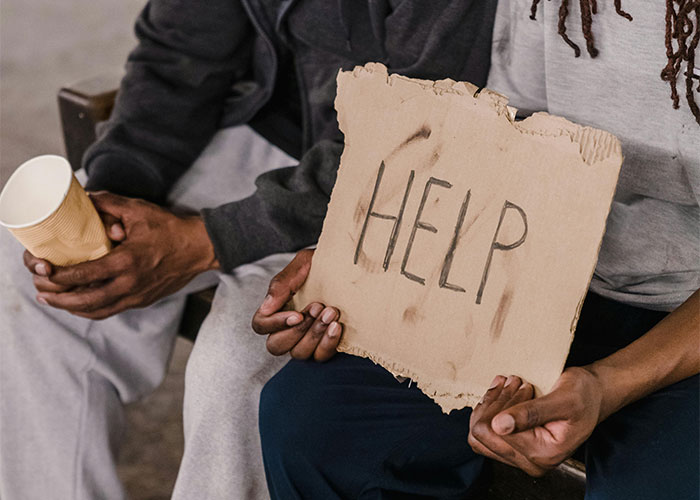
Image credits: okapii99
#22
Any form of addiction.

Image credits: 0JustHere0
#23
Narcissistic abuse.
#24
Panic attack.
#25
Losing ur parents/parent, it's been 4 years and i still cry for my dad, i miss him a lot
P.S: i am reading the replies to my comment with watery eyes, may God keeps everyones' parents safe and healthy.
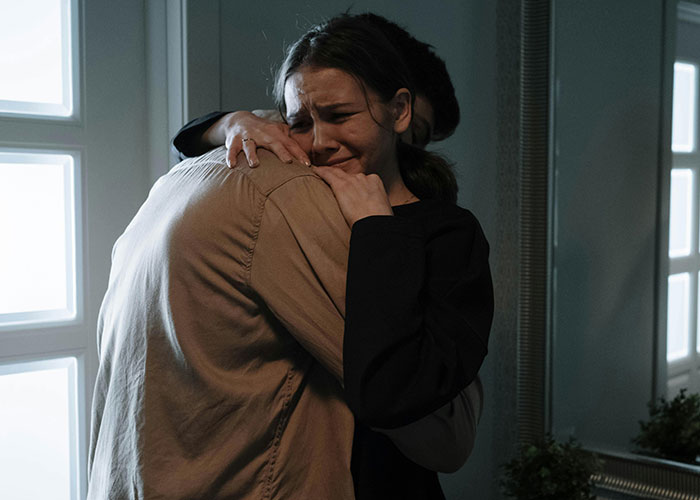
Image credits: GreedyHog2Fuk
#26
Insomnia.

Image credits: Ok_Committee_5618
#27
Having kids.
Saying you watch your nieces or nephews a lot isn't even remotely close to having kids of your own. An aunt or uncle gets to turn that kid back in. Parents do not have that luxury and you get what you get with kids. All are different and all have different reactions to things.
It is not for the weak at heart.

Image credits: rtduvall
#28
I’d say eating disorders. It’s not that easy to recover or to “just eat”. Even after recovery, it’s there till the end of your life, occasionally “jumping out” and ruining your day or your meal. Oftentimes you’re still sensitive to comments about your weight, I know a lot of people who are afraid of scales or knowing their own weight (me included).

Image credits: imagine_enchiladas
#29
The death of your spouse. In an instant, everything changes. Their family slowly, or sometimes not, walk away. Less calls, and invites, more so if there are no children. Every life plan evaporates. You lose half your income, half your friends, and all of your dreams.
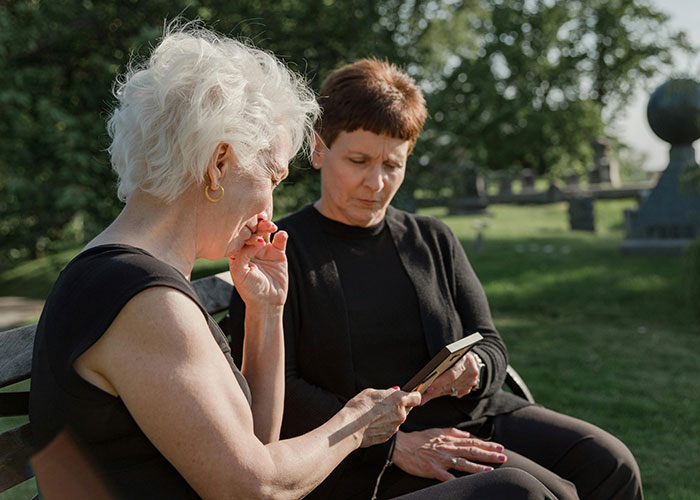
Image credits: TensionRoutine6828
#30
Being responsible for your elderly parents.
The weight of it is immense, and the emotional dynamic is super complex. My age group are all starting to go through it and it's really hard and different for everyone. The weight and emotions are always intense though. Do yourself a favor people in your 30s and 40s... have your parents create a "trust" to go with their wills, and ask them about their finances. They may or may not want your help, but if they do you could save yourself a lot of headache and heartache.
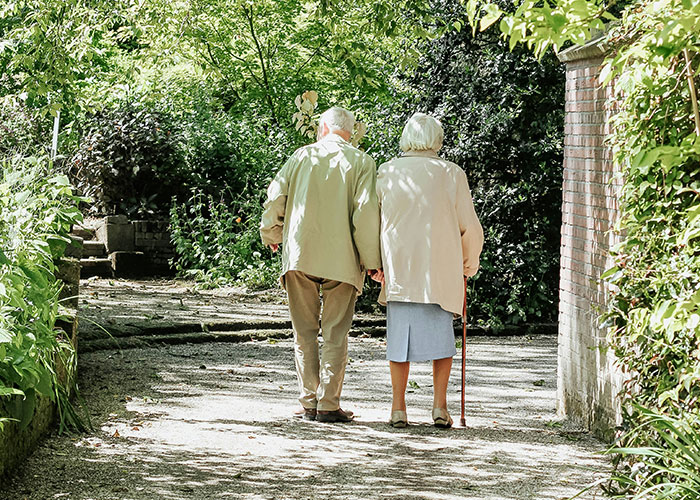
Image credits: RedditWhileImWorking
#31
Unexpected layoffs. The financial uncertainty hits harder than you'd think.

Image credits: ConsiderationNo6532
#32
Being a persecuted minority.
It’s f*****g terrible.
#33
Having Parosmia. I had covid late last year and developed Parosmia soon after. Nothing tastes or smells pleasant at all. Everywhere I go, I'm reminded of it. I barely eat anything. My soap, shampoo and perfume all smell revolting. Food tastes like garbage. It's truly an awful experience.
#34
How easy it is for medical costs to completely ruin you (in the USA, obviously).
I was diagnosed with leukemia when I was 13. My initial stay in the hospital (so from diagnosis to the first time I was able to go back home) was 50 days. The bill for that alone was $1.5M.
I was very lucky. We were upper middle class. My dad had very good health insurance through his employer, so it did not ruin us. But it doesn’t take a genius to imagine what would happen if that hadn’t been the case.
Think about that next time you want to call anyone in favor of healthcare reform a socialist/marxist/etc. Imagine busting your a*s for decades, being responsible, and saving as much money as you can. Then you’re told you will have to go broke to save your child’s life. Now imagine that the sick child is not your only child. You have three others. Not only are you and your spouse going broke, but those children now have parents unable to support them so that they can live their lives to the fullest.
People’s ability to just ignore how f****d up that is will never cease to amaze me. I was 13 f*****g years old, and I was able to empathize with people who were not as lucky as me. It’s not that f*****g difficult. And if you think it’s acceptable that a family in the richest nation in the world could go broke just because a child gets sick, you’re a heartless, cynical a*****e.
#35
I know that disability has been mentioned a couple times, but I’d just like to throw my hat in the ring. I’d like to add epilepsy to the pile. I’ve been on 14 different medications/medication combos over the last 30 years and none of them have been able to totally control things. I’ve had 10+ brain surgeries, and have even had a computer put into my brain to try and regulate it. But the constant knowledge that I could LITERALLY, at any moment, just fall down and die…wrecks me to my soul. I do my best to put on a good face, but it gets harder to do every day. Trying to explain this all to my kids makes it even harder. Telling my 3 year old “if you see dad fall and stop breathing, or hit his head, or not wake up, you need to call this number” is the hardest thing. Knowing that they might have to watch their dad die.

Image credits: sknmstr
#36
Slowly losing your eyesight.
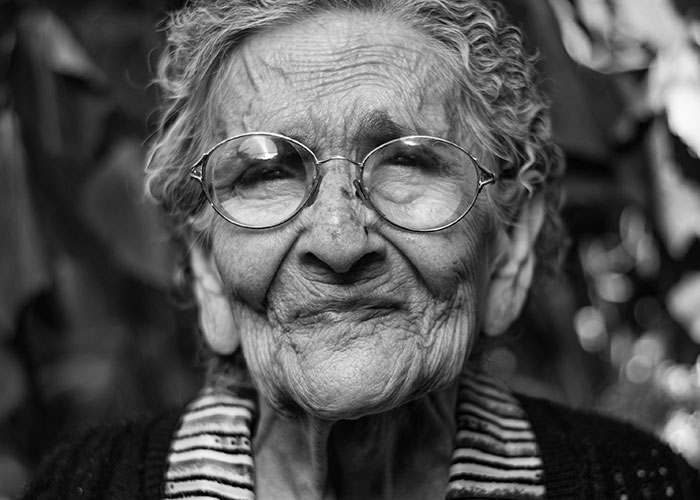
Image credits: Laymanao
#37
PTSD.
#38
Disabilities.
Nerve damage.
Homelessness.
Poverty.
Abuse (any form).
S.A.
Depression.
Life-altering injuries.
Suddenly no-longer having a stepchild.
#39
Having to defend yourself from someone who's really, legitimately trying to k*ll you.

Image credits: Unhappy-Television91
#40
Infertility.

Image credits: thugsaah
#41
Damned near everything. I mean, what *do* we understand before we live it?
#42
Being alone. Like not having any family.
The entire Western civilization is centered around generational wealth. So often I hear people complain about how x is getting y and no one had ever helped them out ever when in really they eat dinner at their parents house 2-3 times a week and their mom watches their kids for free and their dad fixes their car for them or cuts their grass for free or they do laundry at their sister's house.
#43
Grieving the death of somebody really really close.
#44
Being a taxi driver, or any sort of job in transport that has you driving people around.
I've seen and heard so much b******t from punters, folk in bars, folk on social media that think I'm in a easy job that they could do standing on their head.
Especially the morons who think they're experts in the industry cos they take loads of trips: yeah and I brush my teeth twice a day, does that make me a dentist?
It's really, really not that easy.
Are you prepared to work ridiculously long shifts at antisocial hours, deal with difficult passengers, abusive passengers, drunk passengers, general scum; and s****y fellow drivers in traffic?
Are you prepared to spend almost all of your income on keeping your business going via fuel, maintenance, licensing and other operational costs?
Depending on where you work, are you even prepared to study for months or years learning the streets to pass a test (Uber's multitudes of amateur drivers don't do this) to qualify for a license?
Because I have to do all of that on a daily basis.

Image credits: Tennents_N_Grouse
#45
The pain from a kidney stone.
#46
Being Poor.
#47
Psychosis.
#48
Receiving CPR and AED after a heart attack. I will never forget the overwhelming sense of doom.
#49
Losing your hair.
#50
Ego death.







